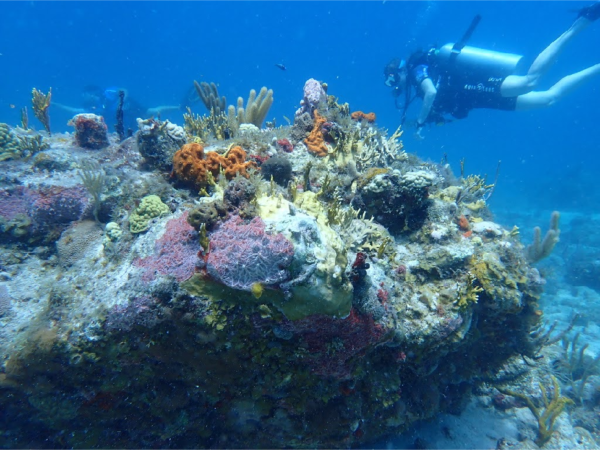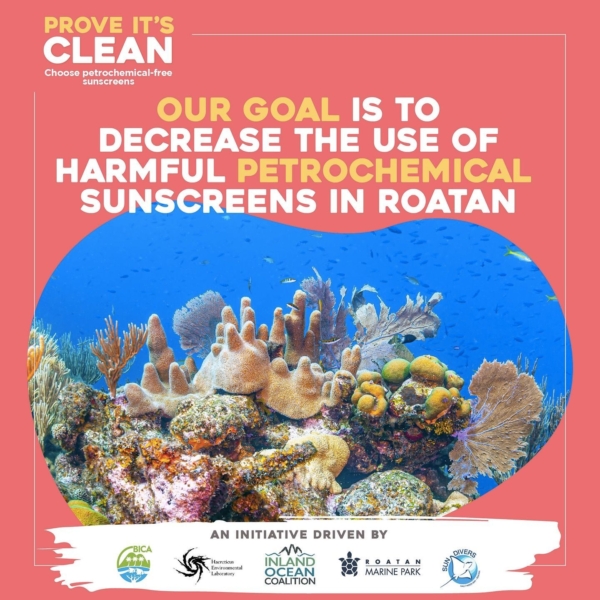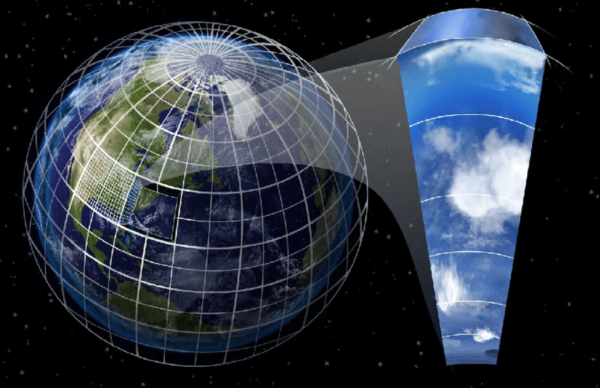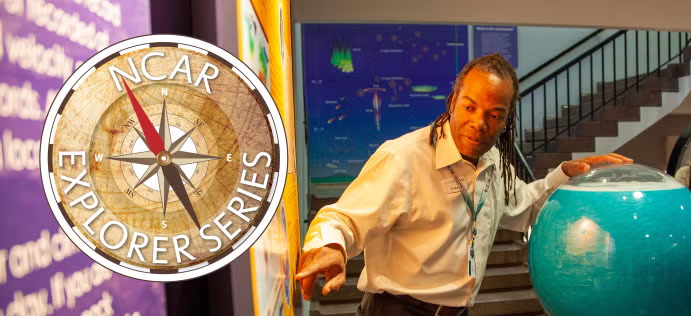NSF NCAR Explorer Series Lecture “When the lobsters march north: From expensive models to collaborative solutions to save America’s coral reef”
NCAR Mesa Lab 1850 Table Mesa Drive Boulder, CO 80305What is the future we want for America's largest coral reefs? These delicate ecosystems support marine life and human endeavors, but climate change is threatening the existence of these natural, and human communities, alike. There are several climate models addressing marine life impacts, however the cost to run models is a barrier to the communities who need them most. Together with the model metrics and insight from community members, this research will provide adaptation techniques that are meaningful to the local community.









